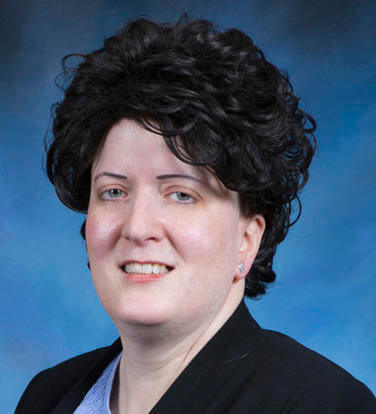Evolution teaches us that the organisms most fit to survive are often those that can get along. Microbes have given us an atmosphere with 20% O2, and our cell’s mitochondria to use it. They have influenced every aspect of our evolution and physiology. Consider, in addition, that ninety-percent of the cells in our bodies are microbial. Means to discover their complex interactions with us, particularly the beneficial ones, provides a powerful approach to harness our microbiota for therapeutic applications.
I have held a long interest in defining the molecular mechanisms driving host-microbe cross-talk and in an in vivo context. I founded the Massachusetts Host-Microbiome Center at BWH to further collaborative faculty research on roles of the microbiota in health and disease. My group uses genomic, metabolomic and transcriptomic studies, backed by metabolic modeling and functional analyses in gnotobiotic mice through to patient populations, to define complex mechanisms by which microbes influence processes such as immune development and even our own metabolism. With this information, we have developed microbiota-informed approaches for food allergies, with patented therapeutics being progressed to clinical trials. By studying the intricacies of inter-microbe metabolism and effects on the host, we constructed a single microbial therapeutic, Paraclostridium bifermentans, to combat the pathogen Clostridioides difficile, in place of fecal microbiota transplant. Work on the genomics of C. difficile and other pathogens seen in MGB patients has supported a new Pathogen Genomic Surveillance program, being deployed clinically by Center faculty, to reduce risks for these infections in hospitalized patients.
With support of the Presidential Scholar’s Award, I plan to continue advancing our understanding of the complexities of anaerobe metabolism and gene regulation, and how these microbial processes influence our physiology. The funding will support new approaches to model anaerobe metabolism in real-time with focus on how microbial digestion of host and dietary factors influences our caloric intake as well as that of other commensal and pathogenic species found within the gut.


